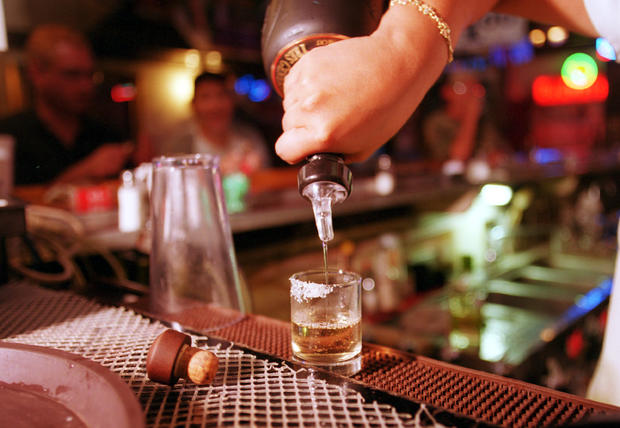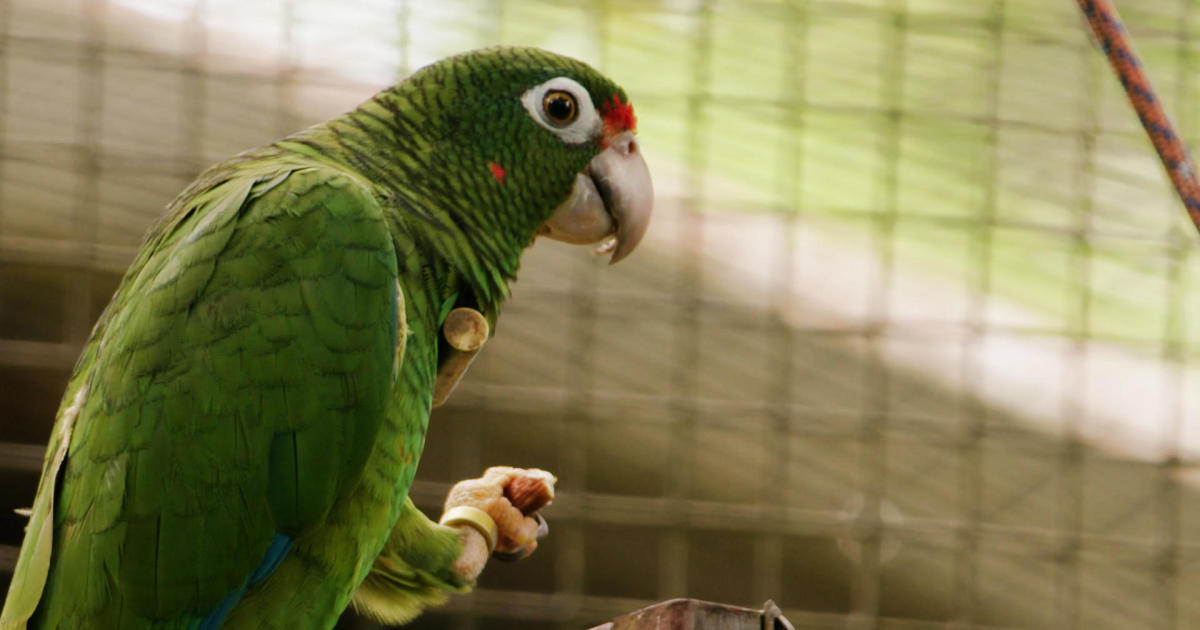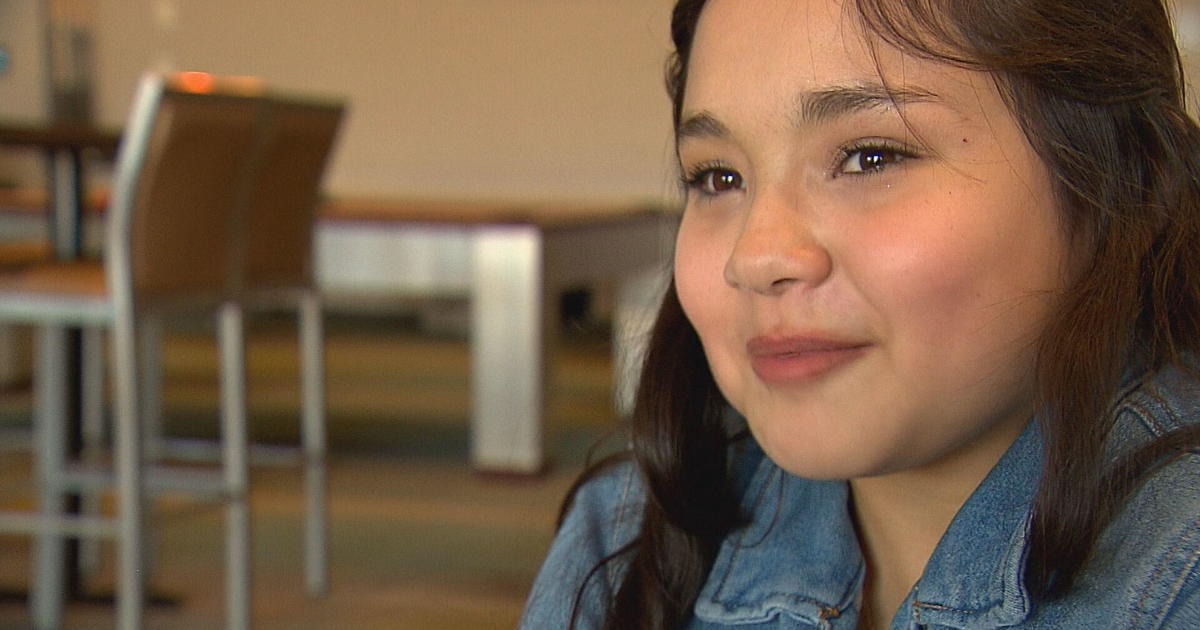Scientists Make Progress On Anti-Alcoholism Drug
AUSTIN, Texas (CBSDFW.COM) – University of Texas at Austin scientists say they have successfully tested in animals a drug that, they say, may one day help block the withdrawal symptoms and cravings that incessantly coax people with alcoholism to drink.
If eventually brought to market, it could help the more than 15 million Americans,according to the National Institute on Alcohol Abuse and Alcohol, and many more around the world who suffer from alcoholism stay sober.
If what has been shown to work in worms and rats addicted to alcohol can eventually be demonstrated to work in humans with minimal side effects, it would be a true breakthrough, UT's College of Natural Sciences explained in a news release Thursday.
Scientists point out, however, that the drug has more hoops to go through before that happens.
There are already drugs on the market prescribed to help people break their addiction to alcohol, but for many patients, they are not very effective and have negative side effects.
The new drug, called JVW-1034, targets a different molecular pathway in the body and so far, in animal models, has no obvious side effects, according to the UT report.
"There's clearly a huge need for something different and better," said James Sahn, research scientist in chemistry at UT Austin and co-first author of a new paper. "That's where our approach shines. It's modulating a pathway that doesn't seem to be associated with any of the other drugs that are available."
The researchers reported their findings in the journal Neuropsychopharmacology and have filed a patent on the drug.
The paper's other co-first authors are Luisa Scott, a research associate in neuroscience at UT Austin; and Antonio Ferragud, a postdoctoral associate at Boston University School of Medicine. Senior authors are Stephen Martin, professor of chemistry, and Jonathan Pierce, associate professor of neuroscience, both at UT Austin; and Valentina Sabino, associate professor of pharmacology and psychiatry at BUSM.
Researchers envision a pill that could one day be taken to block alcohol withdrawal symptoms and cravings, helping people avoid relapsing.
But it isn't clear whether such a drug could actually cure alcoholism.
Researchers explain that's because there are genetic and regulatory underpinnings to the disorder that researchers don't fully understand yet and that may not be permanently altered by this drug. But even a drug that could be taken chronically or in times of stress could have a huge benefit for people suffering from alcoholism.
"If we could achieve a medication that is effective for more people and doesn't have the negative side effects that some of these drugs have, that would be game-changing," said Martin.
It might also make a dent in the $250 billion annual cost of alcohol misuse in the U.S., as estimated by a 2015 study.




